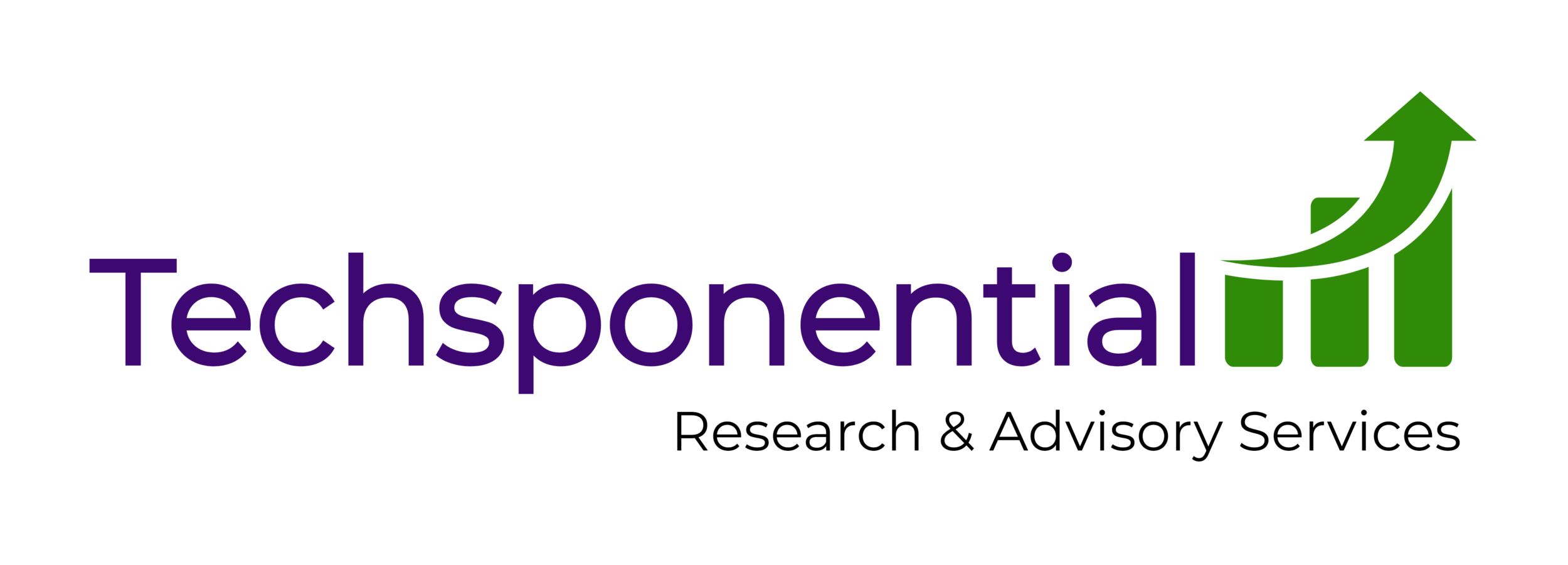T-Mobile’s Scam Shield Scam/Robocall Solution is a Marketing Coup
QUICKTAKE
Context (What Happened)
For its latest “Uncarrier” move, T-Mobile announced Scam Shield, which includes network-based scam ID and call blocking, enhanced Caller ID, a free second number per account, and an app to manage it all. The option of a number change, along with a year of McAfee identity theft protection is included as well. Everything is free for T-Mobile, Metro, and Sprint subscribers, though there is an upsell opportunity in the app for “more advanced call controls.” T-Mobile presumably also gets a percentage of any identity theft subscriptions after the initial year of coverage.
Press release: https://www.t-mobile.com/news/un-carrier/scam-shield-protects-customers-from-scams-robocalls
Analysis
Scam Shield is constructed out of parts that have previously been announced, and, in some cases, are not at all unique to T-Mobile. However, the act of putting them together as a package and marketing them as free to consumers is brilliant. It wins T-Mobile brownie points with regulators – robocalls and spam are the number one complaint about wireless carriers to the FCC – and puts competitors on the defensive. In exchange, T-Mobile is giving up some service revenue from the Call Screener app for Sprint subscribers. The service also really does require a marketing element; if consumers download the app and use it to tag abusive calls, the AI in the network gets smarter, and fewer scam calls will get through to everyone.
Competitive Response
Scam ID and Scam Block are based on STIR/SHAKEN technology that is shared with AT&T, Comcast, and Inteliquent (a large corporate/call center service provider based in Chicago). As such, it is not unique to T-Mobile, and AT&T is understandably upset that T-Mobile is doing a better job of marketing it than they are. However, if T-Mobile’s subscribers feed better data into the system, it will be more effective for AT&T subscribers, too. AT&T is trying to claim that its users don’t need an app to have access to scam blocking; but to compete it needs to create a quick and easy way to report scam calls back to the network. AT&T also cannot push the “you don’t need another app” angle too hard; its Android phones are positively flooded with preloaded carrier apps. Comcast’s Xfinity Mobile should be loudly trumpeting its participation in STIR/SHAKEN in advertising in its coverage area. Rivals - and especially landline providers - need to offer a competitive scam blocking service ASAP; consumers who get nothing but spoofed phone numbers and robocalls stop answering their phones. A cellular phone is a necessity, but a landline, increasingly, is not.
T-Mobile PROXY (a free second number) is based on T-Mobile’s existing DIGITS service. The idea is that consumers will give out a second number for anything that isn’t personal in nature, just like the secondary email addresses people often use for retailers and website registration. DIGITS launched in 2017 – and Google Voice has offered this capability for free across carriers since way back in 2009. So this is not new, but consumers generally do not realize that it is an option. It is a good idea, and AT&T and Verizon ought to copy it.
Enhanced CallerID: T-Mobile has just devalued CallerID, which has been a nice profit center for AT&T and Verizon. To compete with T-Mobile, they will have to give it away or find a way to package other services along with it to justify the charge.
Free number change: Carriers often charge for this service. People often change their numbers only if they are trying to escape harassment, and carrier representative really ought to be able to waive this fee as a goodwill gesture. When someone is changing a number, it is also an opportune time to switch carriers, so churn reduction is another reason for carriers to drop new number fees.
ID protection: It is debatable how effective this service is, T-Mobile is only offering a year of service “while supplies last,” and it is being run by McAfee, not T-Mobile itself. This is the least competitive part of the Scam Shield offering, and rivals can offer discount codes of their own if they want.
Techsponential Quick Takes are deliberately concise; to discuss the implications of this report on your business, product, or investment strategies, contact Techsponential at avi@techsponential.com or +1 (201) 677-8284.



